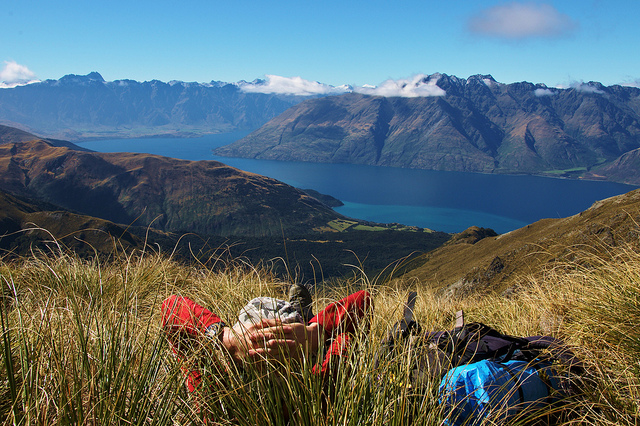People who live in the US, or even the UK, are often shocked by the prices in countries like Australia and New Zealand. Pretty much everything except health insurance is more expensive in the rest of the developed world than in the US.
Petrol and some other costs are comparable in the UK vs AU/NZ. However, things like supermarket shopping tend to be cheaper in the UK. Homes are generally smaller and better heated in the UK, whereas power bills in New Zealand are often huge, especially in the South Island where temperatures are cooler. Of note, landlords pay the property taxes in AU/NZ, unlike in the UK where the renter pays the council tax.
So, if you want to move to a more expensive country, what can you do to reduce your costs? The answer is downsizing. Everything becomes cheaper when you do this!
Your size of home.
Don’t get a massive home before you consider things like the costs of heating it, repairing a larger roof etc!
Distance to shops and schools.
With high petrol/gas prices, living closer to shops, school and wherever you go frequently becomes even more important. Lots of Brits who move to NZ decide to buy a big house in the country on the outskirts of town for the “lifestyle”. However, with the high petrol prices in NZ they soon discover that it’s a lot more expensive to commute the longer distances into town for work, school, weekend sports, grocery shopping…
Get a small, fuel efficient car.
When you’ve got multiple children in car seats, you might want a larger car. However, just like with a house, you don’t want one that is bigger than you need. If you get a small to medium size car you can always hitch stuff to the back of it if you only need extra space very occasionally. You’ll then enjoy the greater fuel efficiency the rest of the time compared to a big gas guzzler.
Learn where to get the cheapest fruit. Eat out less and avoid ‘ready meals’.
Fruit can be super expensive in AU and NZ, despite it being local e.g., Australian mangos can be $5 in Australia! Asian grocery stores are good places to shop but have a limited variety. Some cities have berry farms reasonably close to town where you can go and buy ‘seconds’ which are intended for jam but are usually fine for eating. You can make your own bread economically by getting a bread maker (either new or second hand off website like TradeMe) and then shopping at bulk bin stores for your flours, seeds, and oils. It’s much cheaper than supermarket bread, and who doesn’t love fresh, hot bread! Eating at restaurants is expensive, so try to stick to cheaper options like Thai, Vietnamese, and Chinese.
Find friends to holiday with.
It’a a real cost saver if your new friends have holiday homes and invite you to visit them there or stay in it when they don’t need it. You can also take advantage of National Park camping grounds for cheaper holidays. Online daily deal sites are often where you’ll find the best hotel rates if you’re not the camping type. If you’re into hiking join a “tramping” – it’s a great way to make new friends and also reduce transportation costs by carpooling to hiking sites.
This post was brought to you in collaboration with Ford.
Image by Tomas Sobek under Creative Commons license. Scenery near Queenstown, New Zealand.

